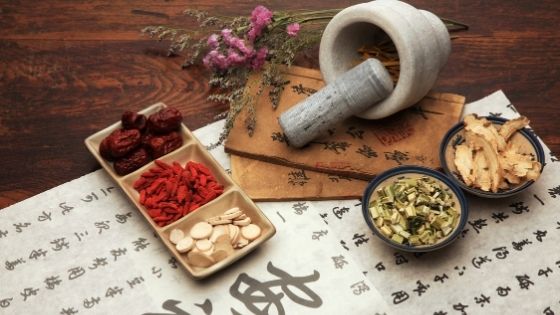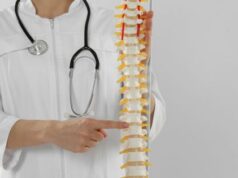Now that the warmer weather is here, people who experience allergies and hay fever will be struggling with sore stuffy sinuses, runny noses and watering, itchy eyes. Hay fever affects 20% of Australians and there are a range of symptoms.
Mild symptoms are often manageable and may just be a bit annoying to live with. But for those who get severe hay fever, it can leave you feeling miserable, because along with the sinus discomfort and sore eyes, other symptoms may include fatigue, headaches, difficulty concentrating and interrupted sleep.


Avoiding your known allergens can help, and over the counter antihistamines, decongestants and nasal sprays can offer some relief. To really deal with hay fever however, a different approach may have a better result. Chinese medicine has been used for thousands of years and is known to significantly relieve hay fever symptoms and leave you feeling much better – both physically and mentally and not so scared of heading outside to enjoy the warm weather after the dreary winter months.
What Exactly is Hay Fever?
Hay fever is the common name for allergic rhinitis, and is an allergic response from your immune system. It occurs when your nose or eyes come in contact with allergens to which you are sensitive and the immune systems ‘attacks’ – causing inflammation and swelling in the lining of the nose. While there is a spike in sufferers during the warmer seasons, often due to the pollen and grasses in the air, there are also year-round triggers that affect some people such as animal fur, mould and dust mites.
Staying indoors as much as possible can help, especially on windy days, and you may have tried western medicine options like over-the-counter medications with varying degrees of success. Chinese medicine may be something for you to now try.
How Chinese Medicine Can Help with Hay Fever
Traditional Chinese medicine begins with exploring the causes as to why your immune system may be overactive to allergens and then works to help your body better regulate your immune responses.
A practitioner will discuss your health history with you, to understand the severity of your hay fever and how much it affects your day-to-day life. They will also investigate how your body is healing and recovering in general, touching on topics like digestion, sleep, stress, energy levels and mood. It’s quite common for digestion and stress to contribute to the level of hay fever symptoms, along with impaired circulation of the sinuses.
Chinese medicine for allergic rhinitis often includes combining acupuncture treatments and Chinese herbal medicine. Using both methods is popular for having a greater effect in reducing the severity of allergy symptoms, improving your quality of life and supporting your general health.
Acupuncture is backed by research which concludes it has various anti-inflammatory effects, and can be directly linked to allergic rhinitis. Acupuncture works by inserting very thin needles through your skin at specific points on your body. Acupuncture points are on all areas of the body and the practitioner will determine the parts of your body that will be used and the number of treatments required. There is rarely any discomfort inserting or removing acupuncture needles and there are very few side effects.
Combining acupuncture with Chinese herbs, prepared to specifically target your allergy symptoms, often works really well. Chinese herbal medicine can bolster your immune system, decrease pain and inflammation, they can clear heat and reduce toxicity in the body. The remedies can be taken internally or used externally, such as making a compress to use on your eyes for example.
Acupressure points are another way to treat various symptoms of the face and head – here are three you can try right now:
- Press on the webbing between the thumb and index finger for 2-3 minutes. Do this on both hands. This is a popular acupressure point for headaches and may alleviate itchy eyes and sinus pain.
- Another point sits 3 finger widths above the wrist fold, on the inside of your arm – again press and hold for 2-3 minutes, and do it on both arms.
- A third acupressure point is directly below the centre of the eye, level with the nostrils. Press lightly upwards and hold for 2-3 minutes, on both sides of the face at the same time.
These can all assist in relieving a stuffy nose, eye irritation and pressure in the head.
Chinese medicine can be used as a preventative to reduce allergy reactions before they even start so you can begin any time of the year. You are likely to experience not only great relief in your hay fever but also overall improved health in general.
Speak with a qualified and reputable Chinese medicine practitioner to find out more about treating your hay fever and allergy symptoms and stop the sneezing today.









